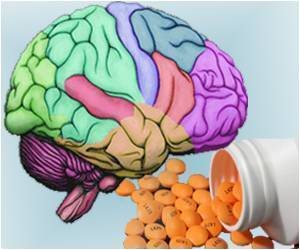A major international study found aspirin works as well as the blood thinner warfarin, or Coumadin, in most patients with heart failure when it comes to preventing death, stroke or brain hemorrhage.

The combined risk of death, stroke, and cerebral hemorrhage was 7.47 percent per year for patients taking warfarin, and 7.93 percent per year for those taking aspirin, a difference that researchers said was not statistically significant.
Patients taking the blood thinner had half the stroke risk of people taking aspirin, but warfarin patients had double the risk for major bleeding, and so those two factors cancelled each other out, researchers said.
There was some evidence among warfarin patients followed for four years or more that the blood thinner may have superior benefits in warding off death, stroke or brain hemorrhage but more analysis is needed, the study said.
"Since the overall risks and benefits are similar for aspirin and warfarin, the patient and his or her doctor are free to choose the treatment that best meets their particular medical needs," said lead investigator Shunichi Homma of Columbia University Medical Center.
"However, given the convenience and low cost of aspirin, many may go this route."
Advertisement
"With at least six million Americans -- and many more around the world -- suffering from heart failure, the results of the WARCEF study will have a large public health impact," said Walter Koroshetz, deputy director of the National Institute for Neurological Disorders and Stroke.
Advertisement
Source-AFP















